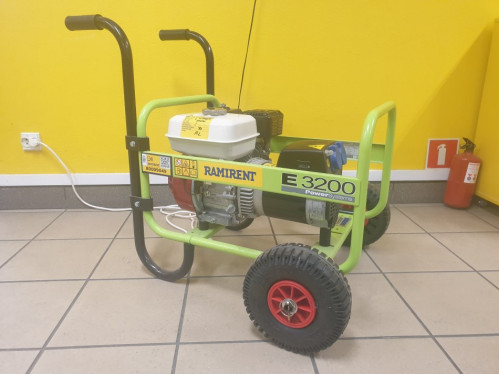How does a generator work and what use does it have in a detached house?
The use of a generator in a single-family home is most common in the event of a power failure. However, power generators can also be used in other situations, such as during a garden party or for renovation and construction work.

Use of generators
The most common emergency power supply in detached houses are battery generators and diesel generators. While the former can be used indoors, it is better for the latter to operate outdoors, as they can generate exhaust fumes and noise. In addition to the common use of these generators, for example in the event of a power outage, non-standard situations can be mentioned where generators are sure to come in handy.
The generator as an additional power supply to the house
When organising various types of events or garden parties where sound and lighting are needed, it is worth investing in a power generator so as not to overload the electrical system at home. The use of portable generators is convenient and practical, so that there is no need for dozens of metres of electrical extension cords connected to a socket at home.
Power generators under refurbishment
For safety reasons, renovations carried out in detached houses force the electrical system to be switched off - in which case a generator will be needed to use power tools or any appliances powered by electricity. The choice of genset depends on the power needed to power all the equipment that will be connected to it. Buying or hiring such a generator is a great solution for both one-off situations and cyclical events that require additional power supply.